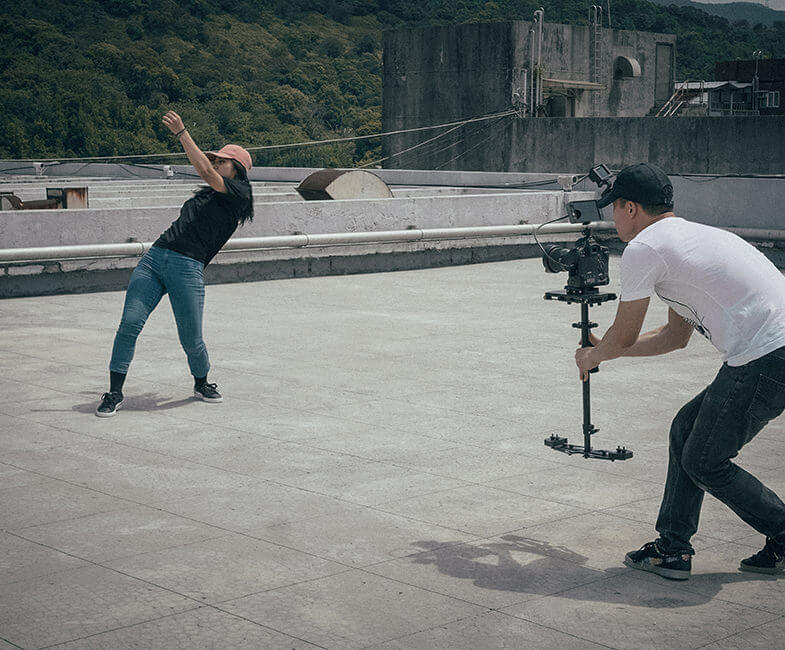In a perfect world, your video production will have the budget the size of Mount Everest. This way, you will have enough of a budget to hire the best of the best, and you will have the very best equipment and technology that the video production world will have to offer.
Unfortunately, we live in the real world, where multi-million dollar budgets don’t just show up out of nowhere simply because that’s what we want. One of the biggest chunks out of any video production budget is the casting for the production. Since these people are taking the time to help bring your video to life, and are a large part of it, then it makes sense why it takes up so much of your budget.
However, there may be times when you don’t have enough of a budget to hire professionals, or you have to work with employees from the company you’re working with, and you have to work with non-professionals. If it’s your first time working with non-professionals on a production, here are some tips that can help you.
Avoid distractions on set
Non-professional actors have not had the same exposure to a production set as professional have, so they may be overwhelmed by the amount of work that goes on in a set. This may cause them to be distracted easily, making it hard for them to focus on the scene at hand.
They may also be intimidated by on-set professionals, and may cause them to feel conscious about their own lack of experience. The best way to counter that is by clearing the set of all unnecessary people except for the absolute essential people needed for that scene.
Make sure that they’re comfortable
Warming up your actor beforehand is a great way to get them to relax on set. Even simple small talk like asking them about their hobbies can get them to relax enough to give a great performance.
Try to break down that barrier between actor and director, and set them at ease. Tense actors will end up being stiff and nervous on camera, and that’s something you definitely want to avoid.
When it comes to their scenes, tell them to think about a similar experience
Non-professional actors don’t have thee experience to call up emotions right on the spot. If you need a specific emotion or reaction from an actor, one of the best ways to get a more authentic emotion is by asking them to call to mind an experience or a memory that elicited the same kind of emotion in them.
If you need them to be happy, ask them to think of their happiest memory, if you need them to cry, ask them to think of their saddest memory, etc.

